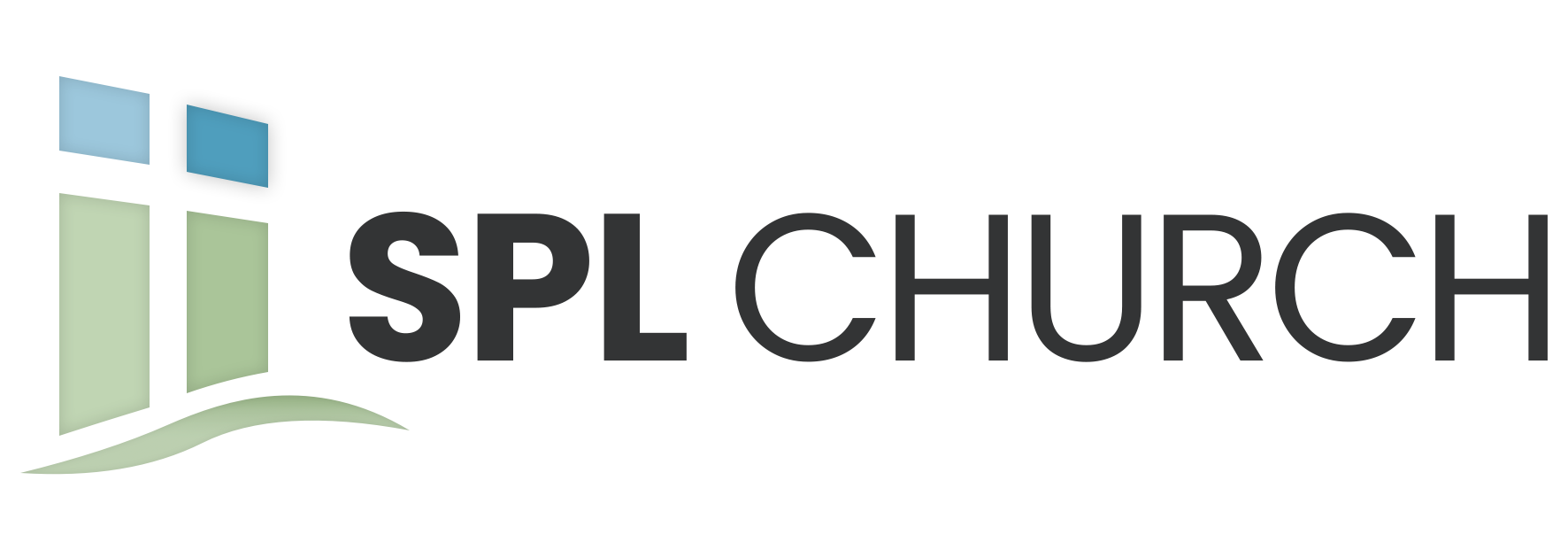My God, my God, why have you forsaken me?
Most of us learn the appropriate limits to healthy conversation. We can tell when things just stepped “out of bounds.” Calling someone a name, giving them a demeaning look, or questioning their mother’s virtue–these are all “out of bounds.”
We also have to learn where the “out of bounds” markers are with God. Questioning Him, or insinuating that he’s “ghosting us,” or accusing him of abandoning us—these all seem to be “in bounds!” I’m not saying that God welcomes disrespect. But he does welcome honest conversation and he doesn’t seem threatened by our strong emotions, even if we’ve allowed those emotions to lead us to wrong conclusions.
“Why have you forsaken me God?” is a strong charge to lay. In a few verses, David is also going to say: “I will declare your name to my brothers; in the congregation, I will praise you.” So he knows he’s overstating it. But at this moment, when the dogs are circling, when the doctor has just given her diagnosis, when the kids have broken your heart again, it wells up in us: “Why have you forsaken me, God?”
I think the beauty of this psalm and the other psalms is that the speaker keeps talking. That’s the stuff of real conversation, that’s the substance of a genuine friendship. Keep talking. Talk through the hard stuff. Stay gentle and stay humble—like David, you’re probably wrong, so choose words thoughtfully, but keep talking. Keep praying.
Praying with you this day.
Andrew






